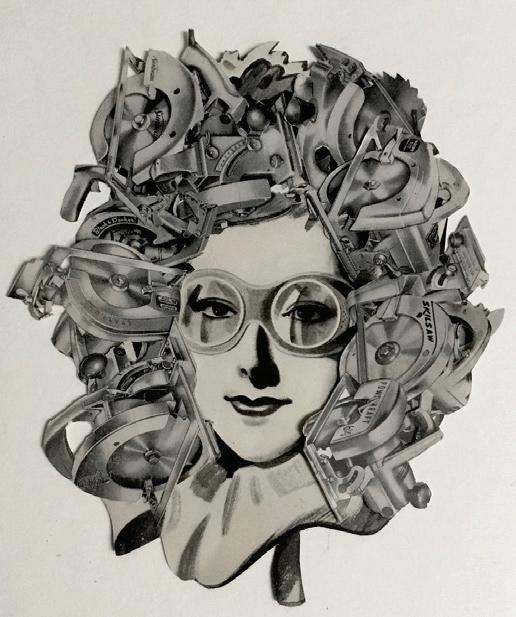F E A T U R E
The New Normal of Grieving by Lindsay Wilson
W
hen Matt Brewer, manager and funeral director at Bethany Funeral Home in La Vista, thinks back to the early days of the pandemic, the uncertainty is what stands out. “It was such an unknown with the virus,” he said. “There was a lot of confusion and a lot of nervousness and fear, but we still had a job to do.” As other workers hunkered down for what would become a year of working from home, the last responders at Bethany doubled down on their personal protective equipment and put their health on the line to continue providing vital end-of-life services to the community. “People are dying, and they don’t have anywhere else to turn,” Brewer said. When fall and winter hit, the directors at Bethany were handling about double their normal caseload. Bethany is a small funeral home, with only three funeral directors on staff. “Generally, we see about 15 to 20 [calls] per month, and at one point we were at about 45,” Brewer said. Seventy five percent of these calls were COVID-related. “It was sad that it was becoming routine,” he said. “It was terrifying and sad.”
Matt Brewer Bethany Funeral Home photo by Sam Foo
30
April 2021
With the caseload rise came an increase in exposure risk for last responders like Brewer. If a deceased person had COVID, the likelihood that their family members have been exposed is high. Even with safety practices
in place, last responders continue to be exposed to the virus every day. This takes a toll. “It’s emotionally, physically and spiritually taxing on us,” Brewer said. While last responders are also vital, public support has focused heavily on first responders. “It is tough, because there is this big support for the medical community, and rightly so. I do support that. But the last responders are sort of forgotten about,” Brewer said. Part of this absence of public support, Brewer said, stems from a failure in our overall reckoning with the deadliness of COVID. “The sad part about the state of our society or country: It became so politicized,” Brewer said. “There were a lot of people on social media and the news kind of denying the significance of what was going on. And it’s hard to hear people talk about whether or not they felt this thing was real when we’re going to work every day and actually dealing with the victims of it.” Brewer said the semantics of whether the actual cause of death was explicitly COVID don’t matter in the wake of the staggering loss of life to the virus. “When somebody says ‘Well, they probably didn’t really die of COVID, it probably was something else,’ that doesn’t help the family. They still are suffering the loss,” Brewer said. According to the CDC, by early March, more than 500,000 people had died from COVID-19




